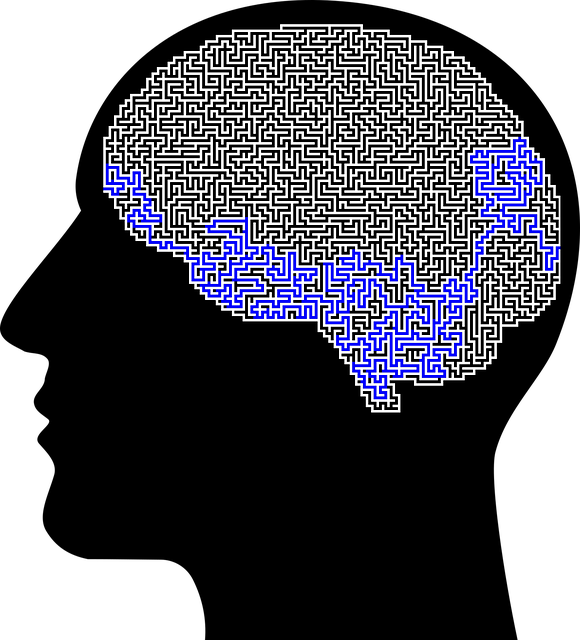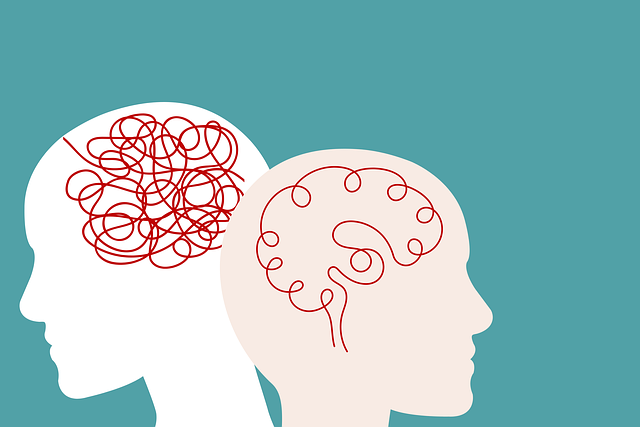Self-care is a key component of supporting children with Functional Neurological Disorders (FND), integrating therapy that teaches strategies to manage symptoms and enhance emotional intelligence. Practices like mindfulness, physical activity, sleep, and hobbies build resilience and coping mechanisms for stress and anxiety. Customized therapy, community programs, and educational resources like podcasts normalize mental wellness conversations and empower young individuals with FND, improving social and academic life and connections with peers and adults.
Self-care practices play a pivotal role in fostering holistic well-being, especially for children affected by Functional Neurological Disorder (FND). This article delves into the significance of self-care, exploring its profound impact on children’s overall health. We discuss tailored approaches to meet the unique needs of kids with FND, offering practical strategies for parents and caregivers. Furthermore, we examine therapy’s vital role in enhancing these practices, providing insights into effective management techniques for this complex condition, with a specific focus on therapeutic interventions for Children with FND.
- Understanding Self-Care and Its Impact on Children's Well-being
- Identifying Unique Needs in Kids with Functional Neurological Disorder (FND)
- Practical Strategies for Incorporating Effective Self-Care Routines
- The Role of Therapy in Enhancing Self-Care Practices for Children with FND
Understanding Self-Care and Its Impact on Children's Well-being

Self-care is a vital aspect of maintaining good mental health, and its impact on children’s well-being cannot be overstated. For kids, especially those with functional neurological disorders (FND), incorporating self-care practices can significantly enhance their overall development. Therapy for Children with FND often includes teaching them various self-care strategies to manage symptoms and improve their emotional intelligence. This involves helping them understand and express emotions effectively, a key component of emotional healing processes.
By practicing self-care, children can develop resilience and learn valuable empathy building strategies. It equips them with tools to cope with stress, anxiety, and other emotional challenges. These practices may include mindfulness exercises, regular physical activity, adequate sleep, and engaging in hobbies they enjoy. Fostering a healthy relationship with oneself is the foundation for building strong connections with others, thereby positively influencing their social and academic life.
Identifying Unique Needs in Kids with Functional Neurological Disorder (FND)

Children with Functional Neurological Disorder (FND) often present unique challenges when it comes to self-care practices. To effectively support these kids, parents and caregivers must first identify their specific needs, as FND symptoms can vary greatly from one child to another. This involves understanding not only the physical manifestations of the disorder but also its impact on emotional well-being and daily functioning.
Therapy for Children with FND should be tailored accordingly, incorporating strategies such as mindfulness meditation to foster self-regulation skills. Additionally, community outreach program implementation can help normalize conversations around mental wellness, providing support networks and resources specifically designed for these young individuals. The production of a Mental Wellness Podcast Series can also offer valuable insights and tools, sharing success stories and practical tips from both children and experts in the field.
Practical Strategies for Incorporating Effective Self-Care Routines

Incorporating effective self-care routines is a powerful way to nurture your overall well-being, especially when managing conditions like Functional Neurological Disorder (FND). Therapy for Children with FND often emphasizes the importance of structured self-care practices tailored to individual needs. A strong Self-Care Routine Development for Better Mental Health involves a combination of practical strategies.
Empathy Building Strategies can significantly enhance these routines. Journaling, for instance, is a mental wellness journaling exercise guidance that allows you to process emotions, track progress, and set achievable goals. By dedicating time each day to reflect and write, individuals with FND can develop a deeper understanding of their triggers, manage stress, and cultivate resilience. This simple yet powerful practice promotes self-awareness and fosters a stronger connection between mind and body, ultimately contributing to improved mental health outcomes.
The Role of Therapy in Enhancing Self-Care Practices for Children with FND

Children with Functional Neurological Disorder (FND) can greatly benefit from therapy as a powerful tool to enhance their self-care practices and overall mental wellness. This is particularly important given the unique challenges they face in managing symptoms that often manifest as physical and cognitive difficulties. Through specialized therapy sessions, children learn coping strategies tailored to their specific needs, focusing on both the disorder’s physical aspects and emotional regulation.
Therapy for Children with FND is a multifaceted process that involves educating both the child and their caregivers about the condition. It encourages self-care by teaching mindfulness techniques, stress management skills, and ways to improve emotional resilience. The Mental Wellness Podcast Series Production can further enhance these efforts by providing accessible resources and sharing real-life stories, fostering a supportive community around FND awareness and management. Community Outreach Program Implementation can also play a vital role in offering support groups and educational workshops, emphasizing the importance of self-care practices as part of an integrated approach to managing FND.
Self-care practices play a pivotal role in supporting the well-being of children, especially those diagnosed with Functional Neurological Disorder (FND). By understanding and addressing their unique needs, we can implement effective strategies that foster healthy routines. The article has highlighted the importance of therapy as a powerful tool to enhance self-care for kids with FND. Through practical approaches and professional guidance, it is possible to empower children to take charge of their mental and physical health, leading to improved overall well-being. This journey towards better self-care is a crucial step in helping these young individuals navigate their challenges and thrive.














